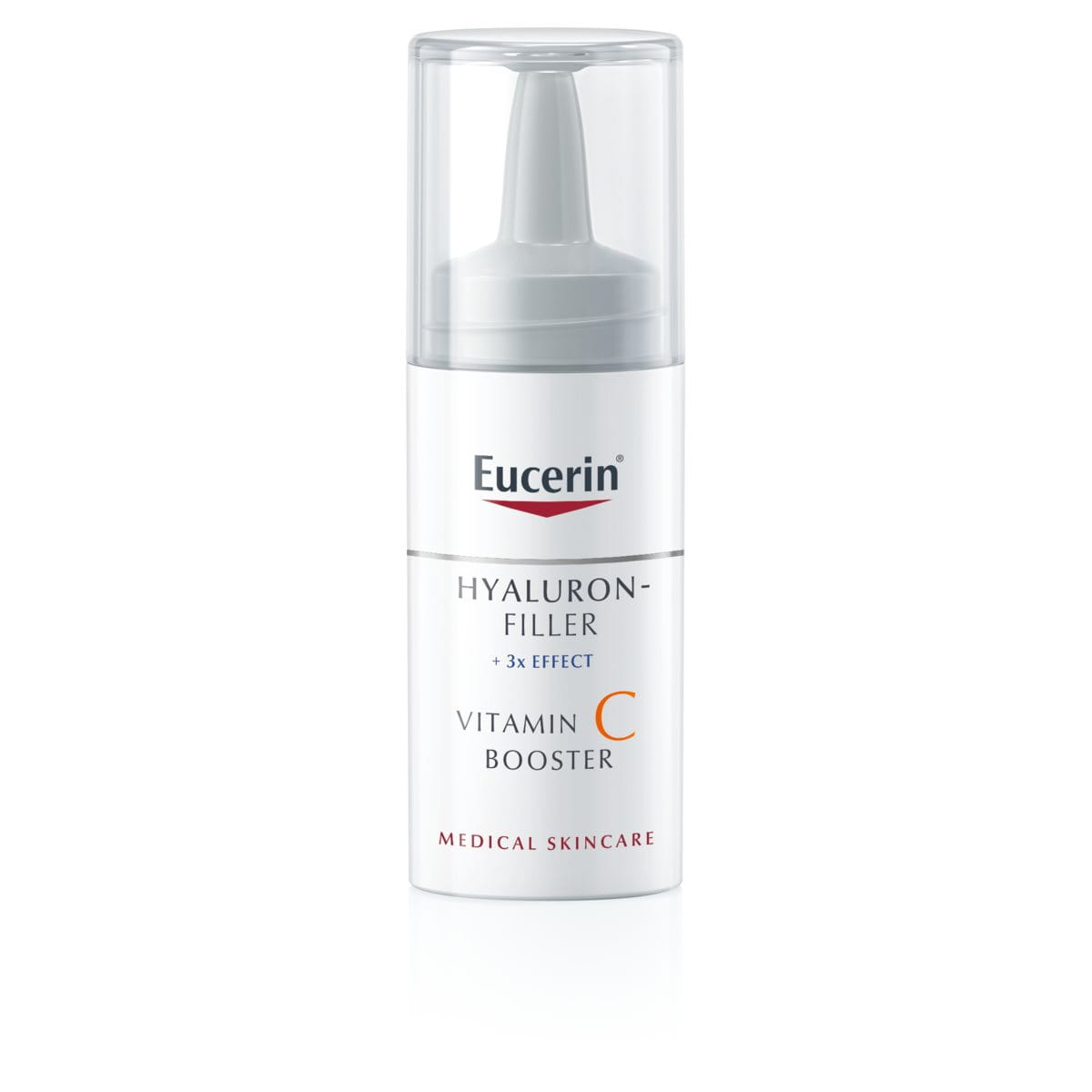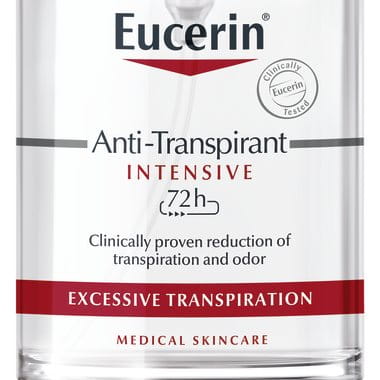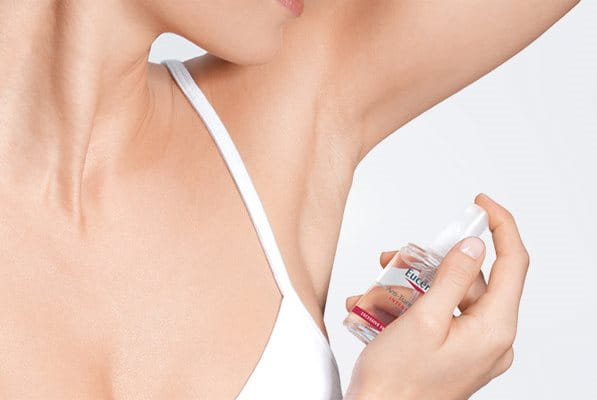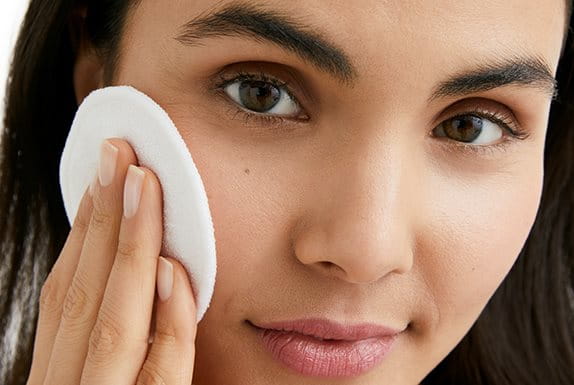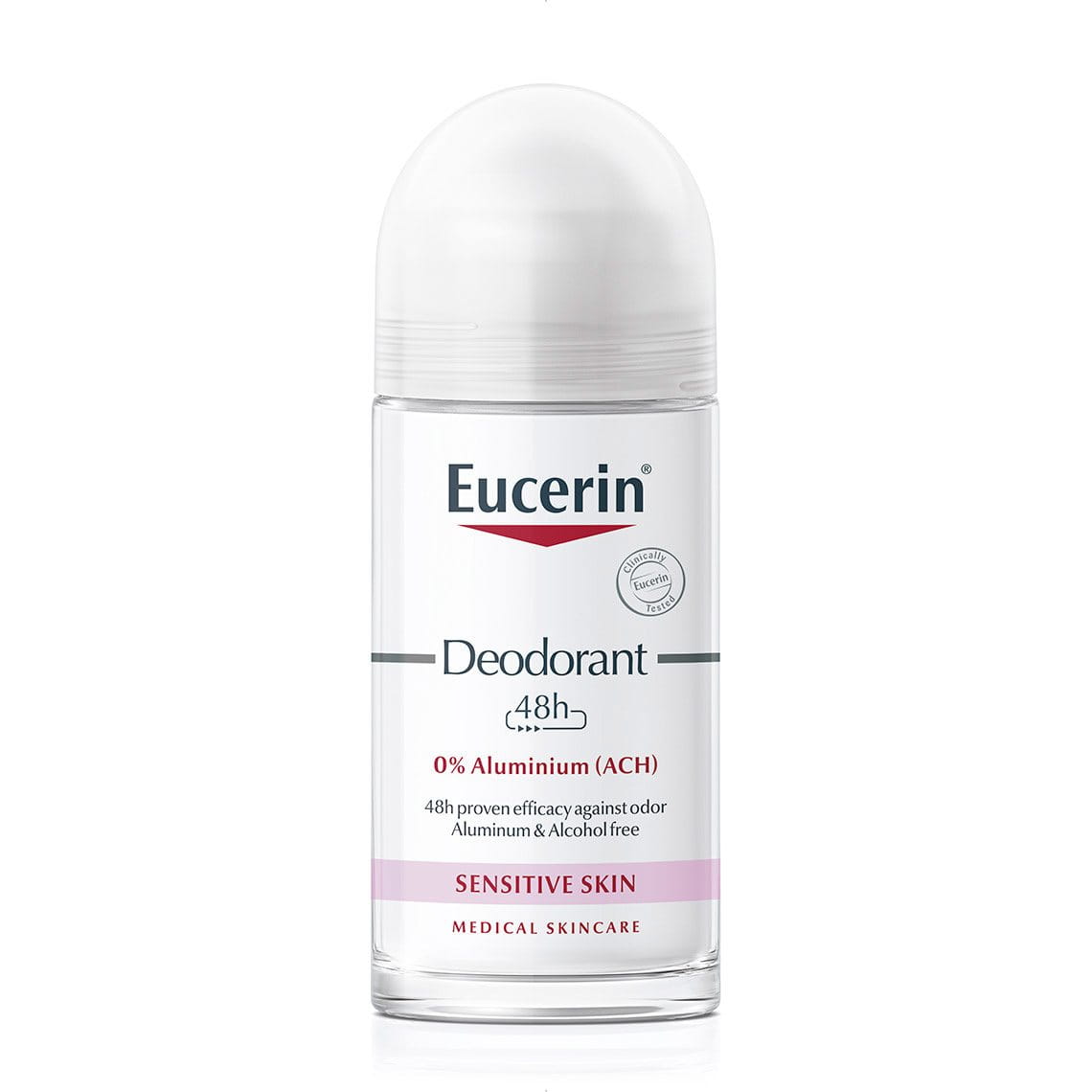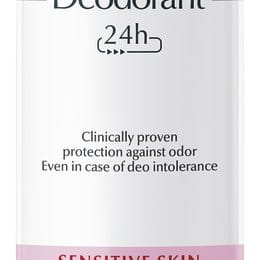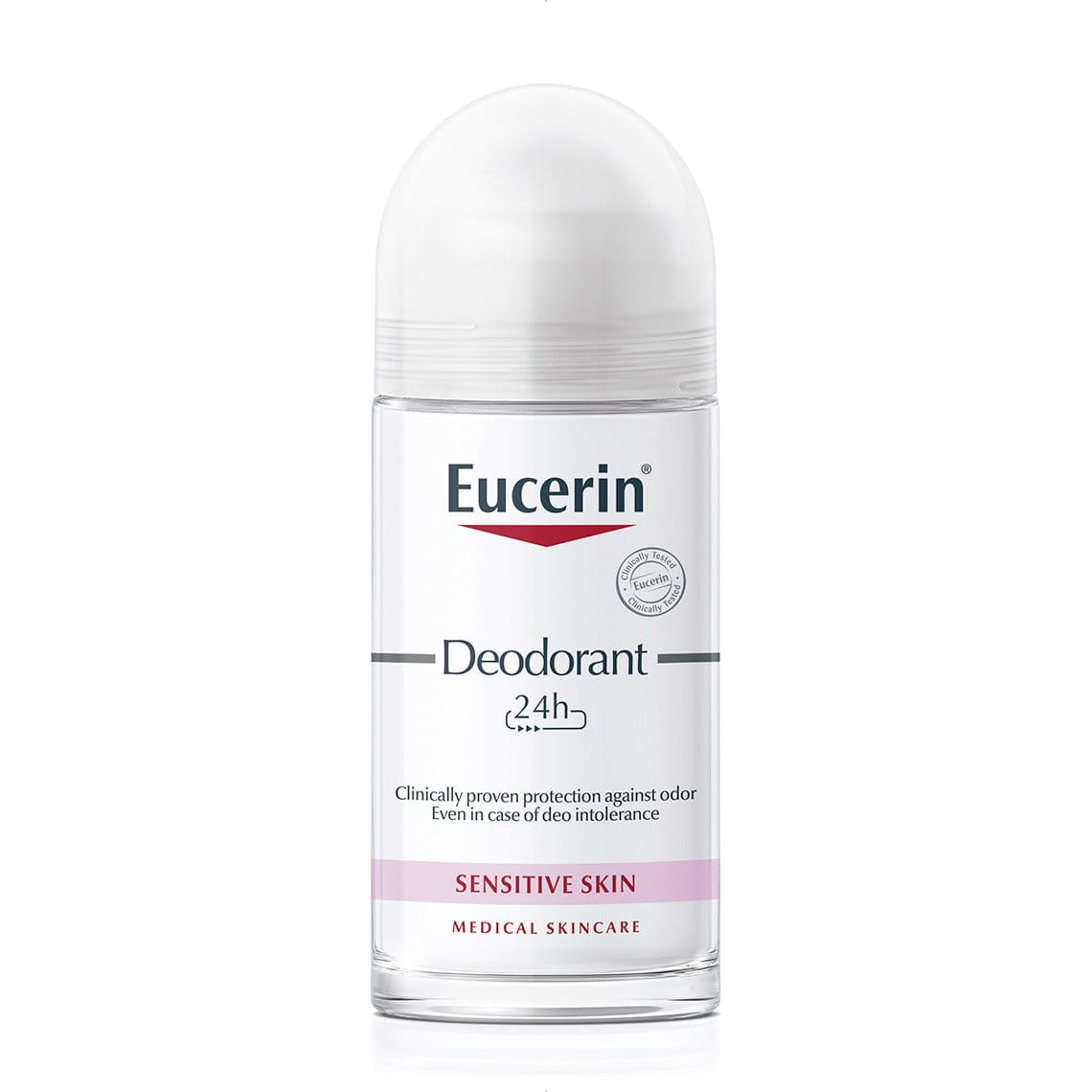Most deodorants and antiperspirants cause little or no reaction. However, if you have particularly sensitive skin, you might find it sometimes reacts to the ingredients in your deodorant. This article explains how to recognize a deodorant allergy or intolerance, explains the difference between the two, looks at the ingredients most likely to cause a reaction and suggests how best to avoid a deodorant allergy or intolerance.
How do I recognize a deodorant allergy or intolerance?
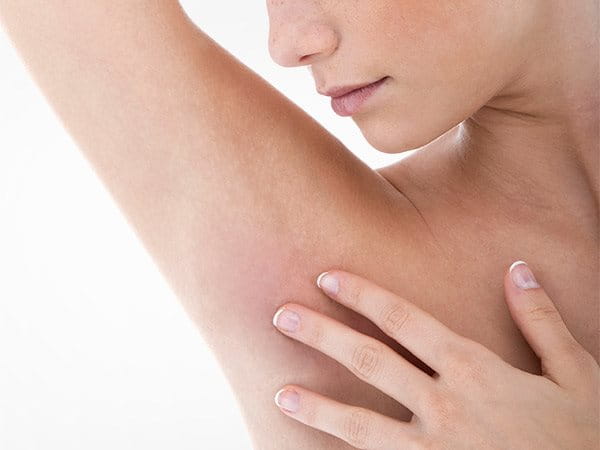
The most common symptom is the development of a red, scaly and flaky rash in the area where the product is applied. You may also experience burning and itching in the underarm area. In very severe cases you may develop red bumps and/or blisters. Symptoms may occur suddenly, upon first application, or even after months of use.
What is the difference between a deodorant allergy and a deodorant intolerance?
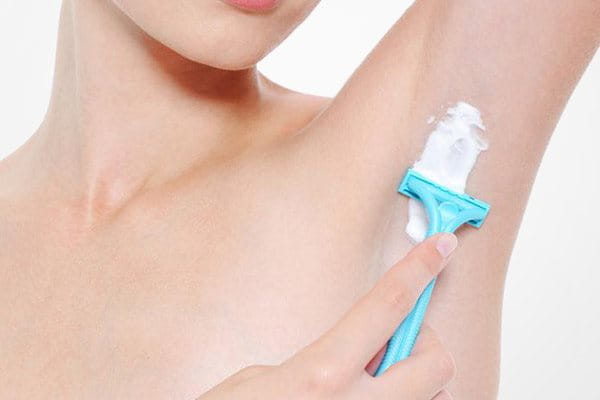
A deodorant allergy is a reaction to ingredients such as fragrance and fragrance-related ingredients such as essential oils or synthetic alternatives. A deodorant intolerance is an irritation typically caused by ingredients such as alcohol. Both deodorants and antiperspirants may contain these ingredients and so both can potentially trigger a deodorant allergy or intolerance.
Some skin is particularly prone to irritation. You may find that if you suffer from Atopic Dermatitis your skin reacts to certain ingredients in a deodorant or antiperspirant. And, underlying causes aside, many people find that the skin under their arms is more sensitive after hair removal.
How can I help prevent a deodorant allergy or intolerance?
If you have very sensitive skin or suffer from Atopic Dermatitis choose fragrance- and alcohol-free deodorants or antiperspirants to minimize the risk of reactions. It’s also a good idea to test a new product by applying it to your forearm and waiting for up to 48 hours to see if your skin reacts before using it under your arms.
All Eucerin deodorants and antiperspirants have been specially formulated to be well tolerated by sensitive skin.
Eucerin deodorants

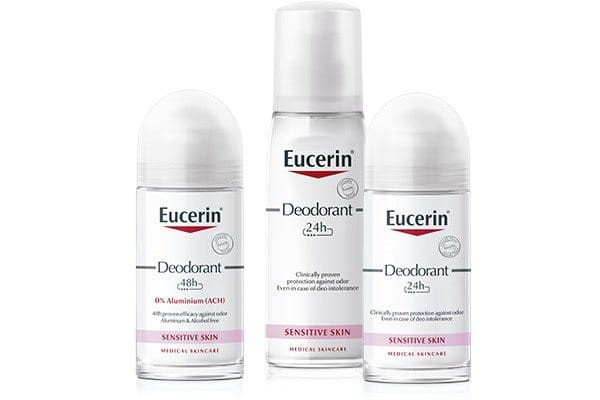
Our deodorants are ideal if you experience light to moderate sweating. Both Eucerin 24h Deodorant Sensitive Skin Pump Spray and Eucerin 24h Deodorant Sensitive Skin Roll-On offer 24-hour odor protection. They’re perfume- and alcohol-free and clinically and dermatologically proven to be suitable for sensitive skin including skin with Atopic Dermatitis.
If you prefer a product without aluminium, try Eucerin 48h Aluminium-Free Deodorant Sensitive Skin Roll-On. It can be used after shaving and is clinically and dermatologically proven to be suitable for sensitive skin and skin with Atopic Dermatitis. It is alcohol-free and lightly fragranced.
Eucerin Anti-Transpirants
If you experience heavy or excessive sweating you may find you need to use an antiperspirant rather than a deodorant. You can read more about the difference between deodorants and antiperspirants in sweating: what is it and how does it affect people?
There are two antiperspirants, known as anti-transpirants, in the Eucerin range. Both have been tested on, and proven to be compatible with sensitive skin but it’s important that you consider the ingredients list is you are prone to deodorant allergy or intolerance.
Eucerin 48h Anti-Transpirant Roll-On: Ideal for heavy sweating, this product contains alcohol and Aluminium Chlorohydrate and is lightly-fragranced.
Eucerin 72h Anti-Transpirant Intensive Pump Spray: Ideal for excessive sweating, this product contains Aluminum Chlorohydrate, Aluminium Chloride and alcohol. It is also lightly-fragranced.
If you are in any doubt if a product is suitable for your skin, consult your pharmacist or dermatologist/doctor who will be happy to give advice.
Important Information
If you experience an allergic reaction when using a deodorant or antiperspirant, stop using it straight away. You should also stop shaving your armpits and wear loose fitting clothes to avoid further irritation. If symptoms persist, consult your dermatologist/doctor.
Our brand values

We deliver a holistic dermo-cosmetic approach to protect your skin, keep it healthy and radiant.

For over 100 years, we have dedicated ourselves to researching and innovating in the field of skin science. We believe in creating active ingredients and soothing formulas with high tolerability that work to help you live your life better each day.

We work together with leading dermatologist and pharmacist partners around the world to create innovative and effective skincare products they can trust and recommend.


